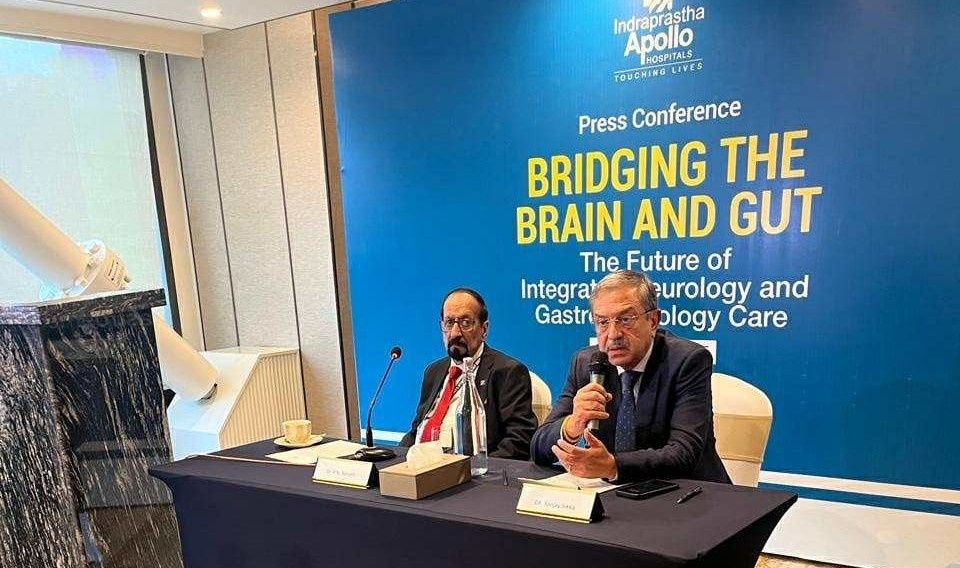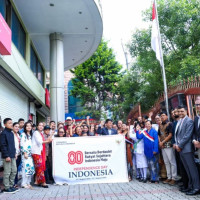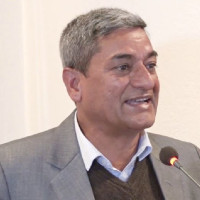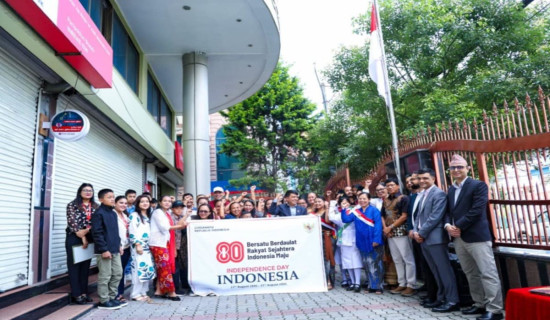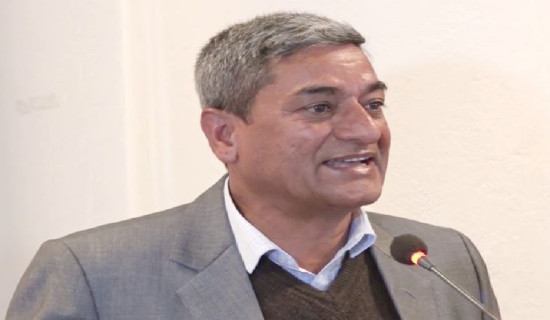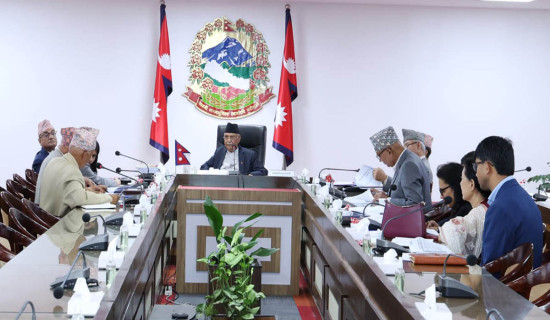- Sunday, 17 August 2025
Apollo Hospital Doctors highlight Cutting-Edge treatments in Gastroenterology, Neurology
By TRN Online, Kathmandu, Aug 17: India's Indraprastha Apollo Hospital hosted a press conference in Kathmandu on Saturday, where two of its leading specialists shared insights into the latest advancements in gastroenterology and neurology specialities.
According to the press release issued by the hospital, Senior Consultant, Gastroenterology and Hepatology, Dr. Sanjay Sikka, addressed developments in the diagnosis and treatment of gastrointestinal, liver, and pancreatic diseases. Similarly, Senior Consultant, Neurology, Dr. P.N. Renjen, spoke on modern approaches to managing neurological disorders.
The Department of Gastrointestinal Sciences at Indraprastha Apollo Hospitals has been dedicated to providing comprehensive care for patients with gastrointestinal, liver, and pancreatic conditions.
Speaking at the event, Dr. Sikka said, “Our focus is on delivering precise diagnosis, advanced therapeutic endoscopy, and personalised care to improve patient outcomes.”
The department has offered advanced services such as high-definition diagnostic and therapeutic endoscopy, capsule endoscopy, oesophageal pH monitoring, and manometry. It has also been equipped for complex procedures, including ERCP, EUS, EMR, ESD, and EHL, along with technologies like Spyglass cholangioscopy and pancreatoscopy. Specialised services such as POEM (Peroral Endoscopic Myotomy), a dedicated liver clinic with transplant support, and a same-day Endoscopic Suite have further enhanced patient care.
In the neurology segment of the conference, Dr. P.N. Renjen discussed the hospital’s capabilities in diagnosing and treating a wide range of neurological conditions, including stroke, epilepsy, movement disorders, multiple sclerosis, and neuromuscular diseases.
The Department of Neurology at Indraprastha Apollo Hospitals has offered advanced neuroimaging, electrophysiological studies, and minimally invasive neurosurgical interventions, ensuring patients receive cutting-edge care. Highlighting the department’s approach, Dr. Renjen said, “Neurology has seen remarkable advancements in recent years, and timely intervention with the right technology can significantly improve patient recovery and quality of life.”

